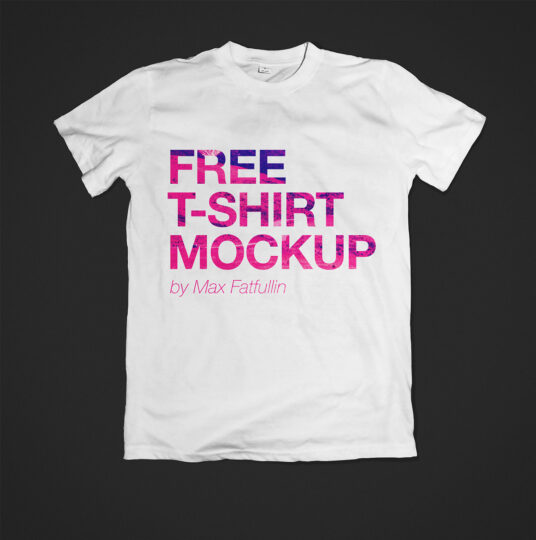I’m reading a piece about Jazz Jennings’s “affirmation” surgery. Had to take a break for a minute to cope with the revulsion. They didn’t know what they were doing but they did it anyway – how progressive.
Jazz Jennings has had a tougher transition than her doctors expected. In the last two years, the teen reality star and LGBTQ+ activist has undergone multiple gender confirmation surgeries, and her doctors are now revealing more details about what went wrong in the new season of TLC’s I Am Jazz, People reported.
Why did the doctors expect a not so tough transition? Why would that be easy? It turns out there was no reason for them to think that other than the fact that they wanted to.
In the episode clip, Jazz’s doctors, Marci Bowers, MD, and Jess Ting, MD, speak to Jazz and her family about the previous surgeries. Bowers admits Jazz “has had a very difficult surgical course,” in the show. “She had a very incredible first surgery—it went seemingly very well, but there were problems. And that prompted a second surgery, which I was not a part of, unfortunately.”
“Taking Jazz on as a patient for surgery, we knew it was going to be a one-of-a-kind surgery,” Ting explained in the clip. “We don’t have the experience of having said we’ve done 50 of these. I was just not expecting her to have a complication as severe as what she did have.”
That’s one place I had to pause to take deep breaths. They had no experience, they knew it would be “a one-of-a-kind surgery” i.e. AN EXPERIMENT on a living child and they did it anyway. “Oh Jess isn’t this exciting, it’s brand new, we’re going to cut his genitals off!” “Oh Marci, it’s so exciting, we get to try to create a vagina from nowhere!”
“This has been a real journey, hasn’t it? We knew it would be tough—it turned out tougher than any of us imagined,” Bowers tells Jazz’s family. “I think in hindsight we would have never sent you home from the hospital. You know, easy to say now. When I wasn’t here when you had problems and had to go back, I can’t tell you how stressful that was.”
Aww was it stressful for Bowers? That’s heart-rending.
Jazz went through her initial gender confirmation surgery in June 2018. Doctors had to use a new technique because she started using hormones at such a young age. Since she hadn’t developed enough tissue to construct a vagina, Jazz’s doctors used tissue from her stomach lining.
That’s where I stopped reading. It makes me want to bang my head against a wall.
Let’s see if I can get through a little more…
Jazz experienced complications and had to return for a follow-up procedure. “There was just an unfortunate event and setback where things did come apart, and there was a complication,” she told the outlet. “I had to come back in for another procedure, but it was just all part of the journey. The good thing though is that it was only cosmetic and external so it wasn’t too dramatic.”
There is no “good thing” though. The kid was mutilated for a fantasy.
Final paragraph:
Jazz came out as transgender at age 5 and has been sharing her transition in the TLC series I Am Jazz and on her Youtube channel. FYI: Gender confirmation surgery gives “transgender individuals the physical appearance and functional abilities of the gender they know themselves to be,” according to the American Society of Plastic Surgeons (ASPS).
No it doesn’t. Gender confirmation surgery does not give trans people the functional abilities of the gender they aren’t. Trans women can’t get pregnant, to name the most obvious missing functional ability.
The whole thing is an atrocity.





